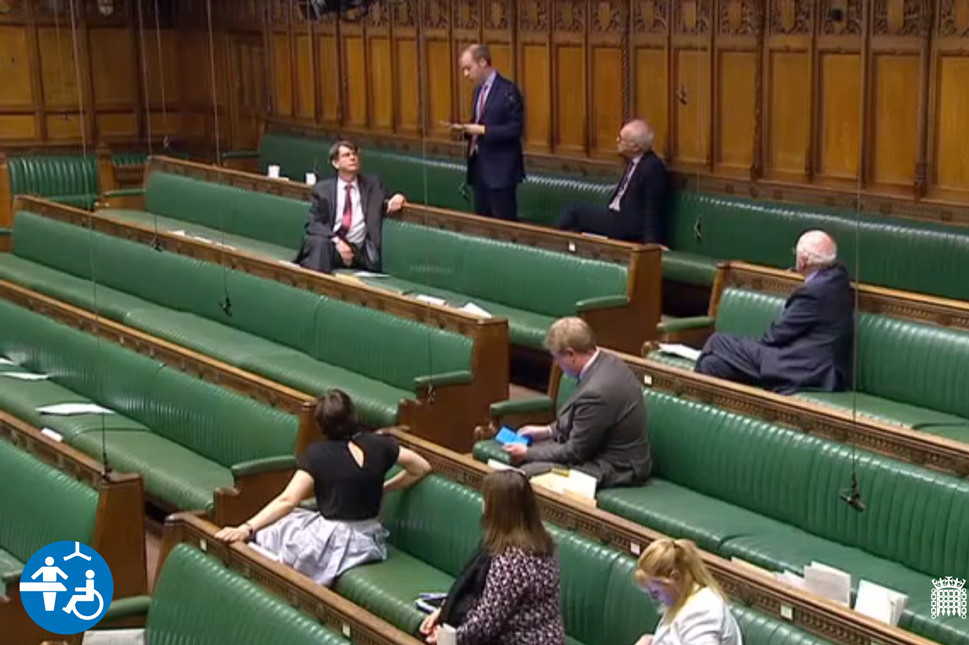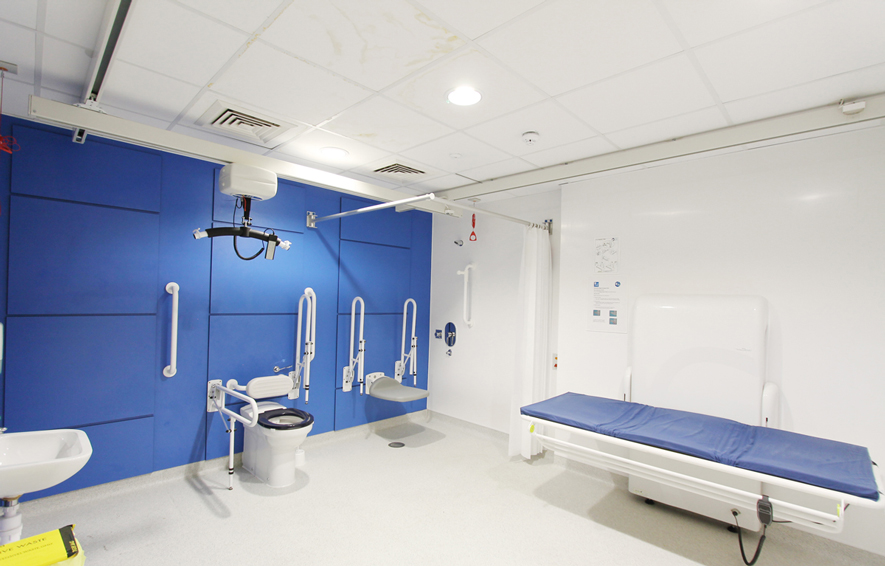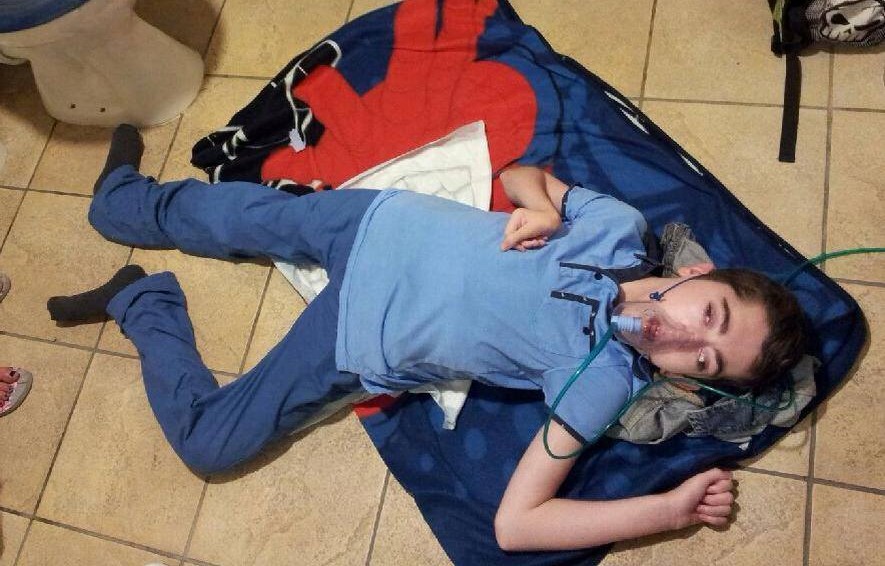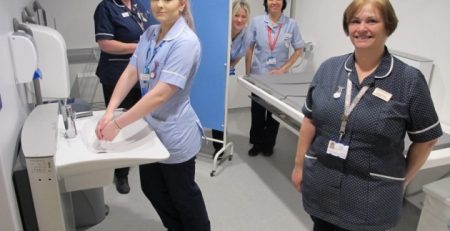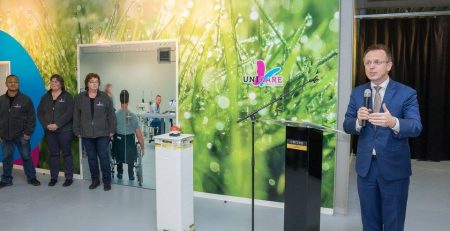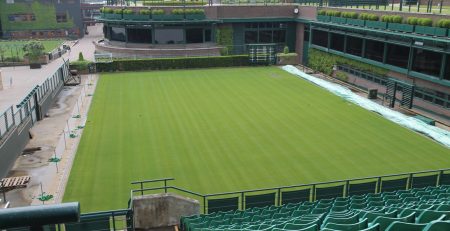Major building rules change to improve accessibility – Consultation now open
Days out will be made easier for severely disabled people after a major change to building rules to improve accessibility, under government plans announced today.
Changing Places – will be made mandatory in new, or majorly refurbished, large buildings used by the public, under the proposals.
Buildings covered include shopping centres, supermarkets, cinemas, hotels, hospitals, leisure centres, libraries, and arts venues.
Changing Places toilets are larger accessible toilets for severely disabled people, with equipment such as hoists, curtains, adult-sized changing benches and enough space for carers.
Without them, people are stopped from going out and forced to change on unsanitary toilet floors or unsanitary locations.
There are over 1,200 Changing Places toilets in the UK, up from just 140 in 2007. However, more are needed because more than a quarter of a million people need them across the UK.
The proposal is expected to add the facilities to more than 150 new buildings a year.
Local Government Minister, Rishi Sunak MP, said:
“Everyone should have the freedom to enjoy days out in dignity and comfort. For people with severe disabilities, this is made difficult because they need access to Changing Places toilets.
“I’m determined to increase the number of these life-enhancing facilities, so people are given the dignity they deserve. I’m pleased so many people will be helped by this major change.”
The government has launched a 10-week consultation, which proposes the required size and shape of Changing Places toilets as well as the range of equipment that must be included.
It also proposes thresholds at which the facilities will be made mandatory in new or largely refurbished buildings of different types, such as overall floor space or attendance capacity.
The Department for Transport last month launched a £2 million fund for Changing Places to be installed in motorway service stations, which will be covered by the changes to building rules.

